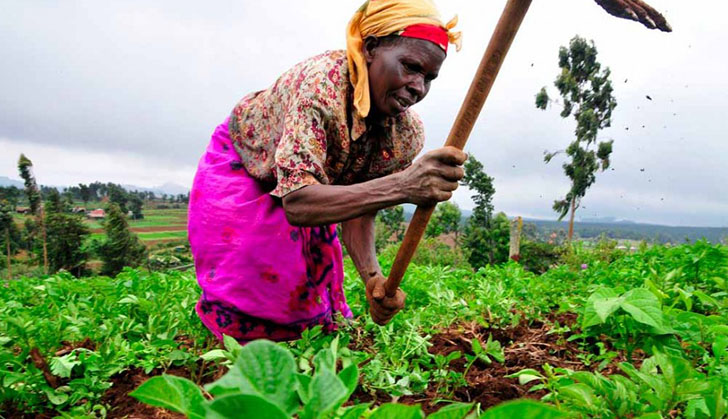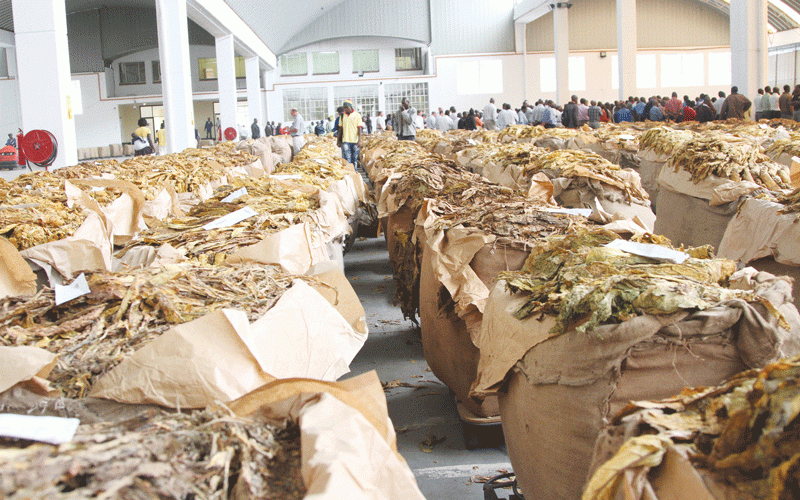
ZIMBABWE has to securitise remittances from the Diaspora and channel the proceeds into agriculture and infrastructure development, Reserve Bank of Zimbabwe (RBZ) deputy governor, Kupukile Mlambo, has said.
BY NDAMU SANDU IN DAKAR, SENEGAL
Speaking to NewsDay on the side-lines of an agriculture financing meeting involving ministers of Agriculture and Finance, central bank governors and banks on Wednesday, Mlambo said innovative approaches have to be made to make use of Diaspora remittances, which are going towards consumption.
He said remittances have to be used to fund agriculture through issuing Diaspora bonds.
“We have to find mechanisms of securitising Diaspora remittances so we channel the money to agriculture and infrastructure,” Mlambo said.
There are an estimated three million Zimbabweans in the Diaspora. Mlambo said if one million of them were to subscribe $100 each to the Diaspora bond, the exercise would raise $100 million, which would go a long way in financing agriculture and infrastructure.
“We can work with the AfDB in creating Diaspora bonds as a form of making money available for agriculture. We can create a Diaspora mutual fund,” he said.
Last year, Zimbabwe received $840 million in Diaspora remittances through formal channels.
- Chamisa under fire over US$120K donation
- Mavhunga puts DeMbare into Chibuku quarterfinals
- Pension funds bet on Cabora Bassa oilfields
- Councils defy govt fire tender directive
Keep Reading
It is estimated a similar figure came through informal channels.
Mlambo said agriculture should not be seen as an instrument of poverty reduction, but income growth and should be treated as a business, especially in Zimbabwe, where there is a link between agriculture and manufacturing.
He said contract farming was working well in cash crops such as tobacco, but failing to work well in food crops such as maize, as there was no legal instrument in place to curb side marketing.
“We need to put appropriate regulatory frameworks that will protect both sides [farmers and contractors]. Contract farming is a useful source of financing agriculture,” Mlambo said.
Ministers and bankers are attending a three-day high level conference on Feeding Africa: An Action Plan for African Agricultural Transformation.
The conference ends today and is co-convened by the African Development Bank(AfDB), United Nations Economic Commission for Africa and the African Union Commission.
In his opening remarks on Wednesday, AfDB president Akinwumi Adesina said there is a need for a paradigm shift in Africa’s approach to agriculture to enable the continent to be a net exporter of finished products.
He said Africa must accelerate agro-allied industrial development.
“We must not be mistaken by the conventional economic theory that reminds us of the need for labour to leave agriculture and move to the industrial sector. Where is the industrial sector to move to in Africa today? The manufacturing sector accounts for only 11% of the economies of Sub-Saharan Africa,” Adesina said.
“The reality is that agro-industrialisation has greatest potential for Africa to achieve more rapid and inclusive growth — and create jobs. The agriculture sector generates four times more employment than any other sector. If you want industrialisation of Africa, and massive job creation, focus on industrialising the agriculture sector.”
In 2003, African governments committed to allocate 10% of their national budgets to agriculture under the Maputo Declaration, but only a few countries have managed to attain that feat.











